This blog has two audiences:
1. Friends I play games with who ask what I'm doing on my PhD, to which I mostly give a vague answer.
2. Family and others who don't play games and to whom I give a vaguer answer.
These two audiences, naturally, have a different vocabulary of game stuff, so I will need to straddle that line, while also trying to explain some academic concepts neither audiences might know.
Please don't hesitate to reach out with questions!
I still remember the day the Gates of Ahn’Qiraj opened. It was 2006. Me and a couple of friends had ventured down to an inhospitable desert to watch an once-in-a-lifetime event. It lagged unbelievably much. There were hundreds and hundreds of players, gathered in a space not intended for that congestion. My friends and I had no idea what we were doing. We were under-leveled, unprepared. We just came to look around, join the spectacle. And then these skyscraper-tall Anubises waltz around with skulls next to their health bars and flatten us all. And then the server crashed.
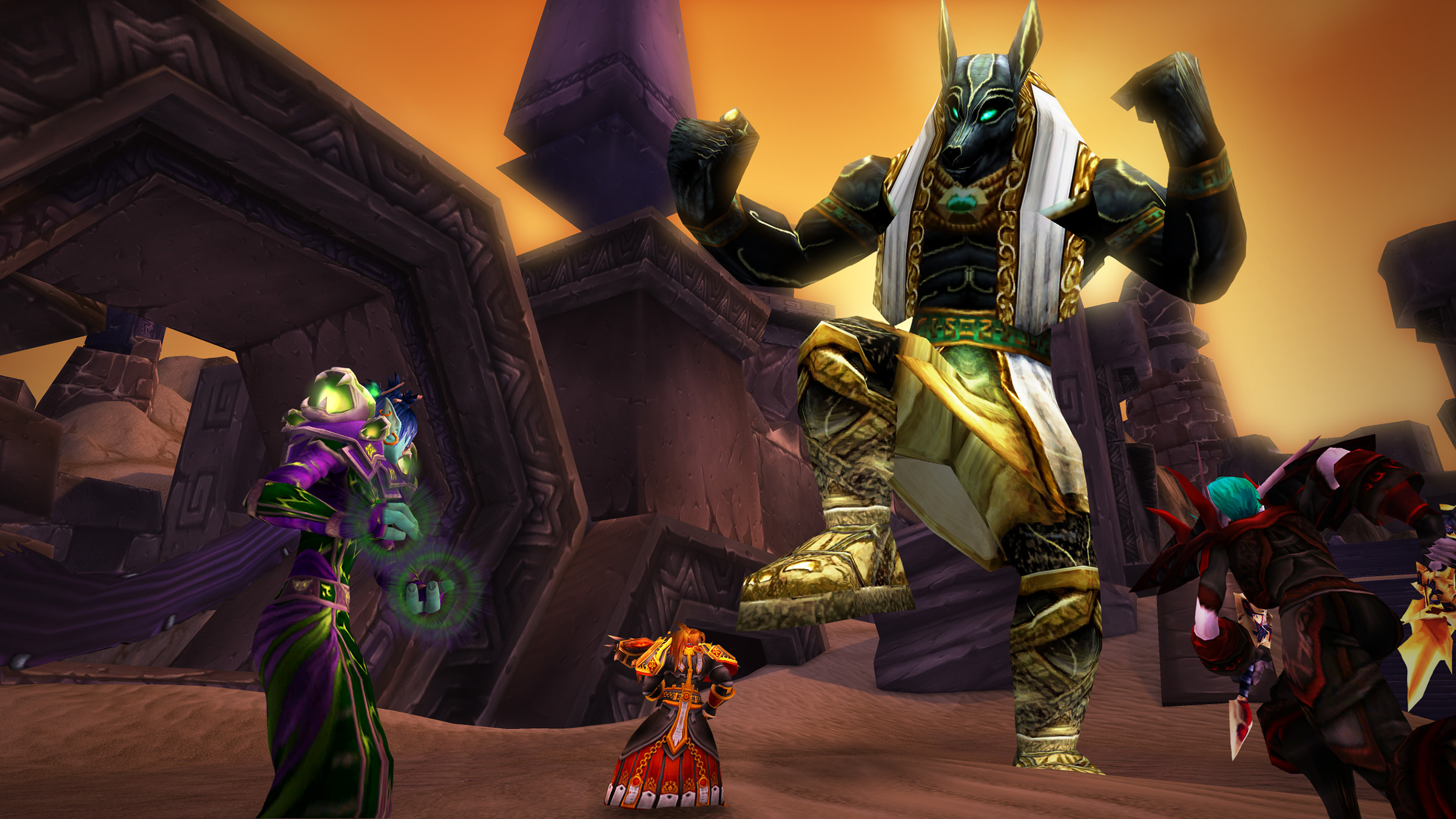
The Gates of Ahn’Qiraj was a one-time event in World of Warcraft, the popular MMO by Blizzard Entertainment Ltd. (2004). It was a giant community event where hundreds of players would gather to defend against an incoming horde of enemies, flooding out from two large gates. Players had to band together to defend against these large monsters, battling side to side with hundreds of strangers. That is, before the server crashed.
When it did, me and my friends were not deterred. We all jumped on a different server and
made new characters, all starting in the Dwarf/Gnome starting region. We all
made them at the same time and did all the starting quests together. That was
when I learned that when grouping in a party from level 1, the entire 5-man
party levels up at the same time. That infamous golden light and basking horns
blaring out times five in our dinky headsets. We all laughed and howled when
it happened. We never got far until the original server was back online and we left
our gnomes forever to watch the Gates open.
I don’t think we ever played those characters again. But
that will always be a part of The Opening of Ahn-Qiraj to me, even though it
took place on a different server than the event itself. It is one of
the things I think back on fondly when remembering my time playing World of
Warcraft in elementary school, even though my active role in it was negligible.
But there is also something else. When I think back on my time playing World of Warcraft, it is not only the bright and burning which comes to mind, but the daily life of it. The hours I spent playing Warsong Gulch, playing at being a strategist. The one quest where I helped a turtle across a desert. When I finally got a long cloak that went to my legs. When I ran around with a friend in Orgrimmar, asking high level players for pittance gold to buy the expensive mounts. When I made silly machinima for no one but myself. When the Burning Crusade expansion came out, and the Portal didn’t work. And then even later, after I stopped playing, and I continued to follow the story of the World long after I stopped playing. When I checked back in, years later, seeing what had changed. And as I kept following the changes and new stories, as people migrated away from WoW onto other, newer things.
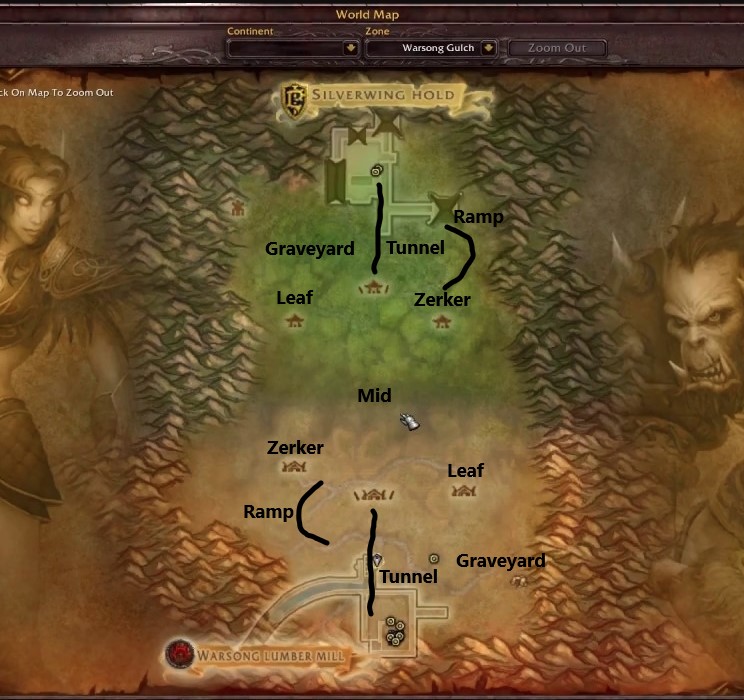
I do not play World of Warcraft anymore.
But in some ways, I would have never started doing what I am without it, without these kinds of experiences. I have
little desire to play the game today, but today I see what I was enthralled by
back then in so many other places. And it is still this phenomenon I want to
understand, it is still this something World of Warcraft managed to do that I
am chasing. There will be examples from World of Warcraft in here, but there
will also be others that are more recent. Destiny 2. Final Fantasy XIV. Fortnite.
League of Legends. All these games share a certain form of storytelling I have
named "perennial experiences". Or, as games, perennial games.
Those are the primary turning point around which my PhD work is about. Perennial Games. And specifically storytelling in perennial games. It will take more than one blog to explain this in detail, and walk through the work I am doing about them, but for this first entry, we will revolve around two questions: What are perennial games? And why are they interesting?
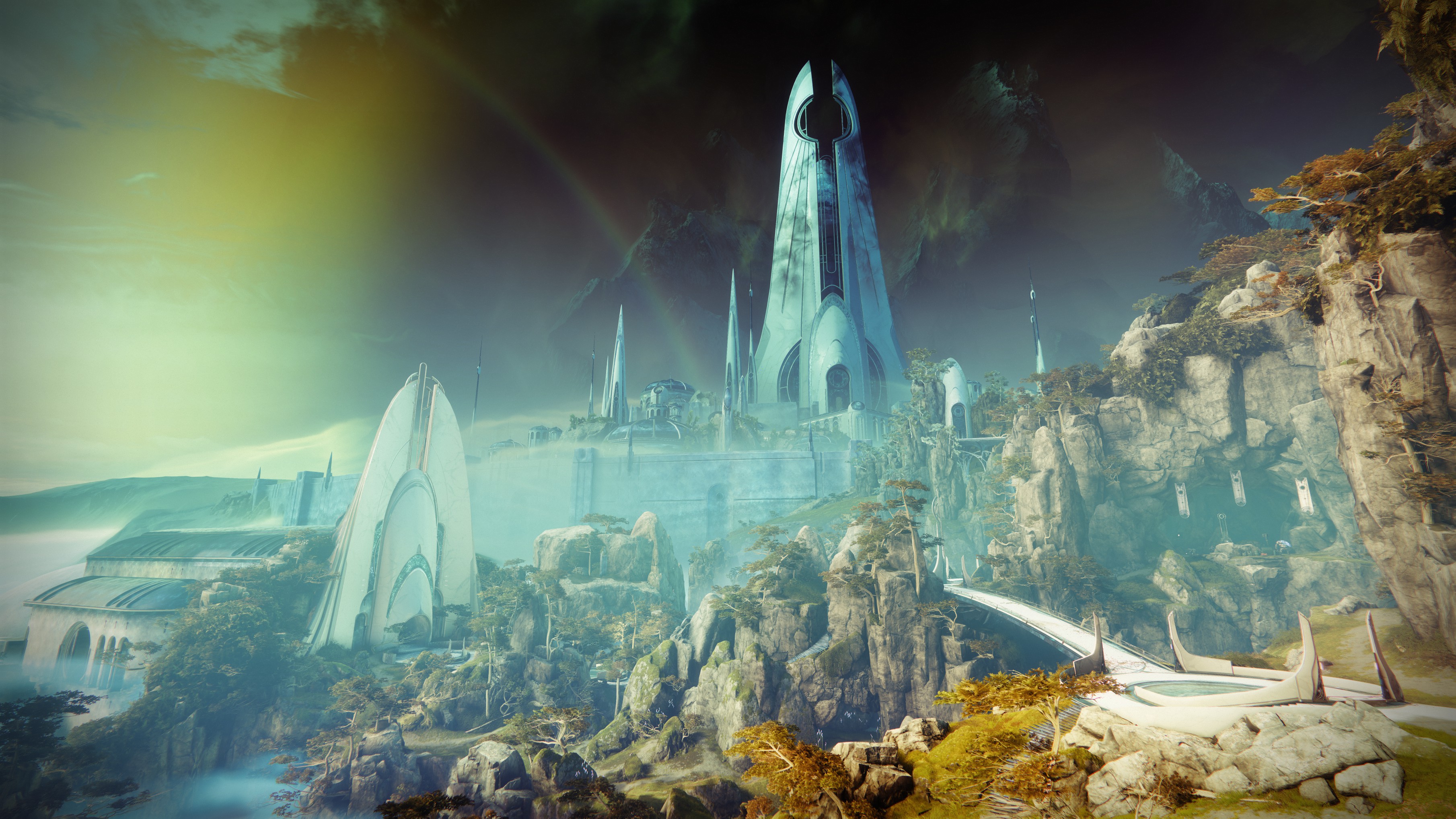
What is a Perennial Game?
Perennial games are not something entirely unique to games, although I will mostly talk about interactive media here. But other media can also be "perennial", and the name is in part inspired by these other forms.
A perennial experience is something that, first and foremost, takes a long time. It is not a two hour movie, it is not even a 10-episode TV show, or a 600-page book. It is something that takes, at minimum, months. Preferrably years. It is the multi-year TV show, it is the huge book-series, it is the Reality TV show that is still running. It is Sports, that have continuous tournaments year after year, where every new event is affected by the prior (and the ongoing passage of time). It is the stories that come from these events, the continued engagement of the fans and the people around the spectacle. In games, we often call them "live-service games", but I will not use that term here. That term is about the distribution. I am interested in the experience of play. How does it feel, to have a story unfold, not over hours, but years? I picked the term "perennial" because it is apt at catching this.
A perennial plant is a plant that springs flowers every year, over and over again. And yet each time, it is a little different, has grown a little more, has changed its structure. There are great cycles of repetition, but if you pay close attention, over a long enough amount of time, you will see great change, too.
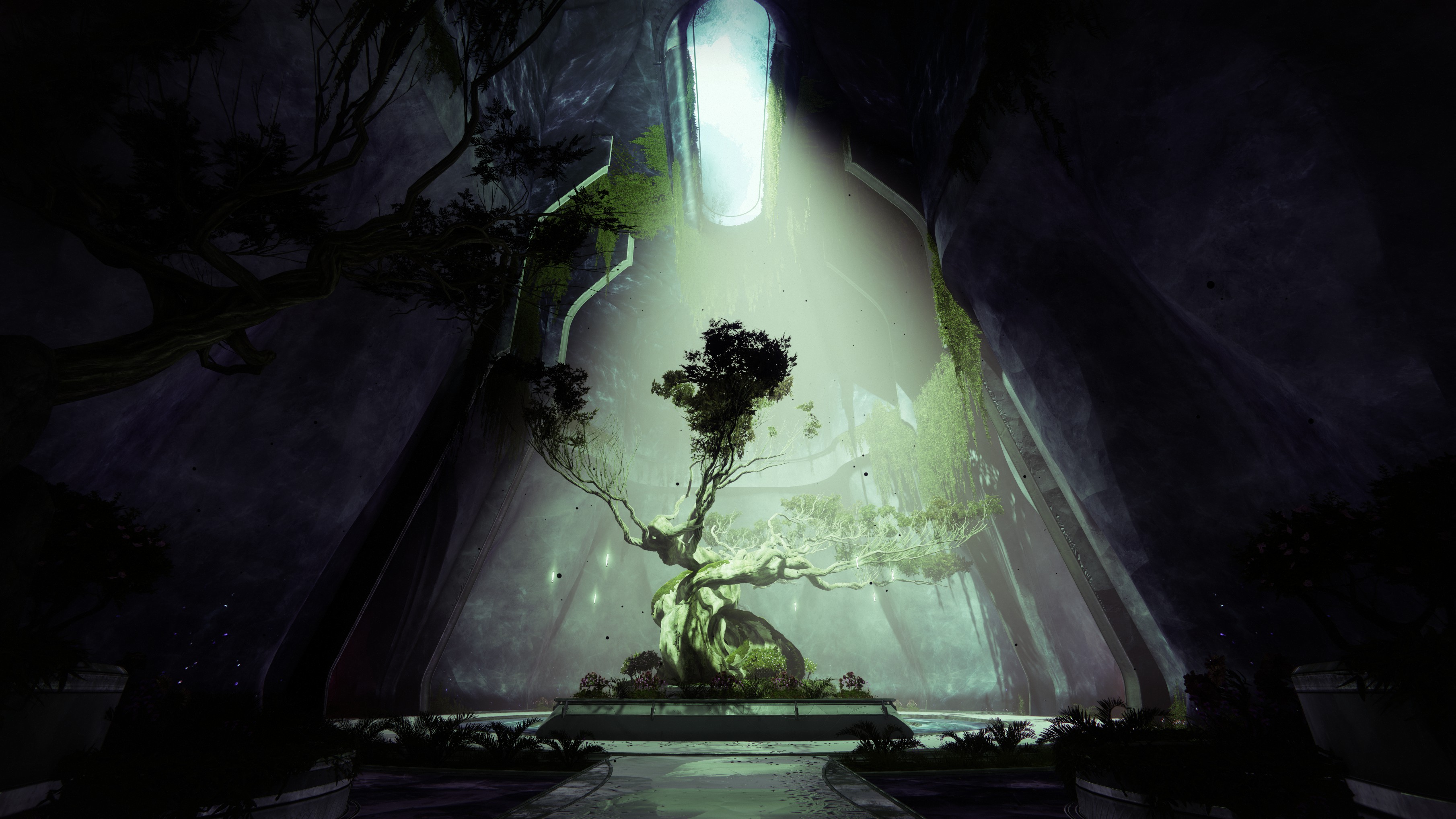
So let us get into what makes something a perennial experience.
Perpetual
A perennial experience is, initially, perpetual. It does not have a foreseeable or planned end. Someone could make new episodes of Star Trek or Doctor Who or Days of Our Lives (I, too, was surprised to learn this show is still running), ostensibly, forever. There will always be a next football tournament, a next Superbowl. As long as it makes money, they will continue to release expansions to World of Warcraft. And each of these new events change the fabric of their storyworlds, change their possibilities and structure, change what they are. And over time, it becomes something unrecognisable from how it was in the beginning.
Temporally Continuous
Secondly, a perennial experience is temporally continuous. A bit more complex a term, but it essentially means "it unfolds in real time". No amount of playing World of Warcraft will make the new expansion come sooner. And reversely, me not playing the game will also not stop the world from moving forward. The virtual world (of Warcraft) changes and exists regardless of me being in it. A football match is played regardless of whether or not I watch it.
This is massively important for the perennial experience. It leads to moments you can miss. The next episode of a single-season TV show on Netflix will wait there until you watch it. Your book will stay on page 34 until you start reading from there again. But parts of a true perennial experience can be gone if you do not pay attention at the right time. Not all events in perennial experiences are quite this ephemeral, but over the course of time, even something that you thought was stable might disappear, as the world changes, characters move places, parts of the map removed or reworked, streaming services go down or change licenses. This also tries to capture the idea that watching a TV show when it happens is a different experience than watching it all later. I think most people who watched Game of Thrones as it released, week by week, year by year, can attest to this. The conversations every day, after a new episode. The expectations for the next season. The anticipation and the zeitgeist of knowing that you're here now, while everyone else experiences it too. And it is a quite different experience than if you were to watch Season 1-8 now. Another example is watching sports live compared to catching the recap later: It feels different. This temporal continuity is peak perennial experience.
(This is all complicated by several factors, none of which I have the time to get into now, I am sure you can find loopholes or interesting edgecases. And believe me when I say that those edge cases are where the truly interesting things happen.)
Universal Chronicle
Finally, a perennial experience has what I call a "universal chronicle". This is the most nebulous of the terms. There is a chronicle, a series of events, that the people in the audience and the people who make the experience, consider to be "true". This is the canon of the world. These events are what happened, and they are considered universal, across all players and all aspects. The obvious cases are the authored storytelling done in a new episode of a TV series, the new lore descriptions in a Destiny expansion, and so on. The Red Wedding, The Gates of Ahn'Qiraj, The Fall of Dalamud, the Death of Cayde-6. These events Happened. And they changed their worlds, forever. They are not unlike "real" historical moments in other perennial experiences. The 7-1 Germany-Brazil match at the 2014 World Cup. Denmark winning the 1992 Euro's (These are incredibly specific to me haha, insert your own favourite other sports moments).
But it is also the less obvious. A moment like "Leeroy Jenkins" is something that most players of World of Warcraft (and beyond) are familar with. It is referenced, replayed, talked about, and known. It is also re-introduced into fiction by the developers, when they added him in as a card in Hearthstone. It is something a single player did, but through its spread through the community, not a single person would dispute that it happened. These kinds of events are also part of the universal chronicle of World of Warcraft.
This is naturally hard to quantify. There is no exact amount of people that need to know about a thing before it becomes "universal" in this sense. The one requirement, though, is that it is considered so by both players and authors. Fanfiction is not de facto part of the universal chronicle---but it CAN become so. An event does not become universal through its enaction: Very few people were aware of Leeroy Jenkins when it actually happened, but it was only through the later spread through the communities of WoW that it became the phenomenon it is today.
And that is really it. A perennial game is a game that is perpetual, temporally continuous, and has a universal chronicle. If you want more detail into this definition, I did write an academic paper outlining this exact definition over 12 dense pages. It has examples from Destiny and Blaseball, references Tamagotchis and World of Warcraft Patch Notes, and, as you might expect, Professional Wrestling.
what do you mean that's not what you expected? It's perfectly reasonable, just hear me ou---
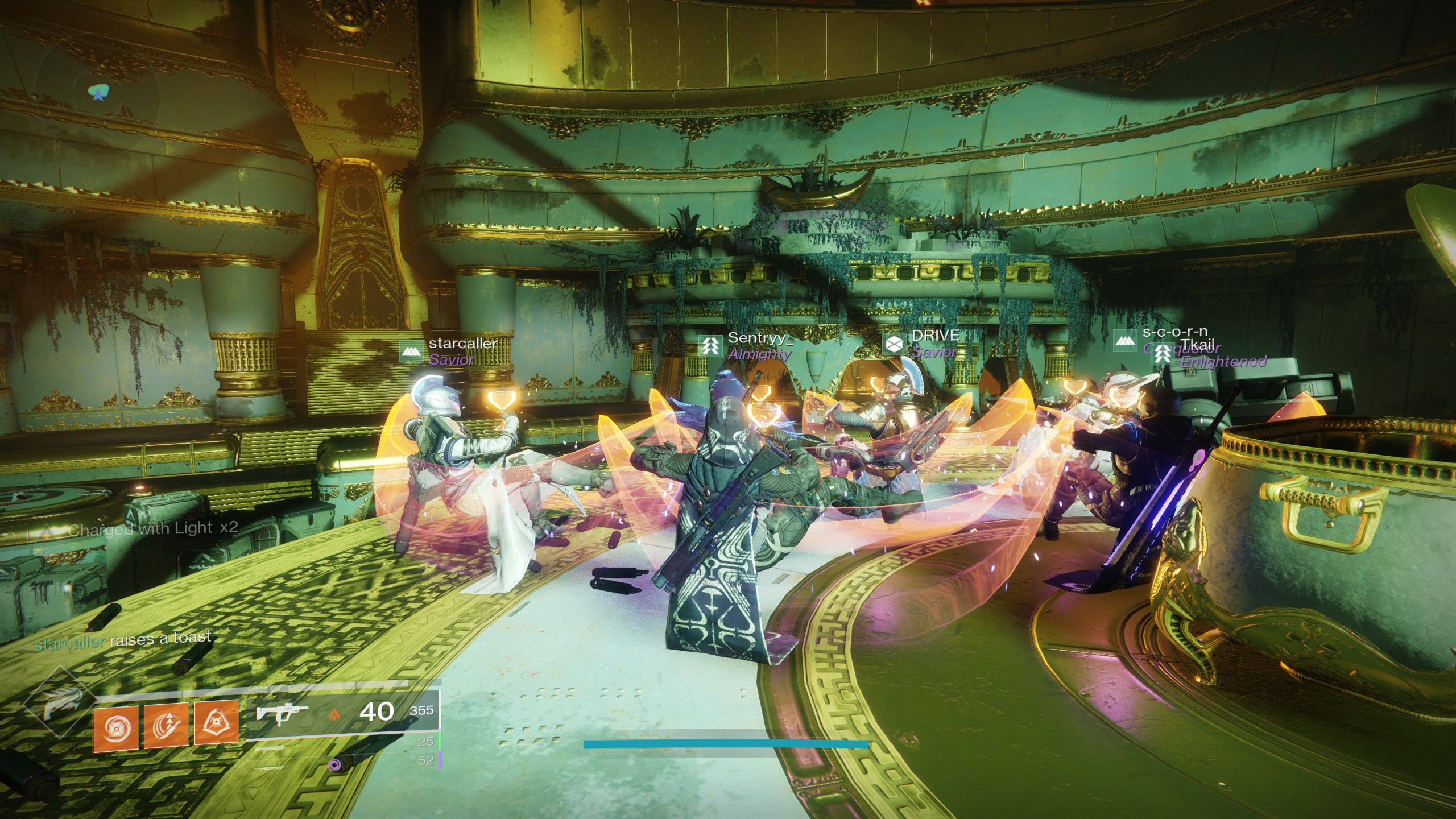
Now, comes the second question.
Why are Perennial Games Interesting?
It should be no surprise that this form of storytelling is popular right now. And I mean, massively popular. Any of the absolute biggest names in entertainment these days, from Fortnite to the Marvel Cinematic Universe to Minecraft to Star Wars, are in some ways experimenting with this exact thing. I won't say I'm just interested in it because it is popular (those 4 names mostly mean nothing to me), but I will say it is popular for a reason. It is engaging, riveting, and enthralling to be a part of. To be there, when it happens, to witness the spectacle. It is the same rush of watching a historical concert live, of seeing a legendary football match play out in front of your eyes. It is the orchestrated and the unique, the melding of planning and chaos. And media companies have realized they can make a lot of money selling that experience. To understand perennial games is to understand the current media landscape, and therefore it is, I wager, key to understanding modern (western) culture as it is right now.
And we need to understand it precisely to also understand when it is not fruitful or applicable. Perennial experiences are not going to replace other forms of storytelling. It is not a miracle. It has limitations and drawbacks. So many people right now are trying their hand at "cinematic universes" or "metaverses" and most of them are going to fail. Or worse, be dangerous. Perennial experiences are intoxicating when they work. You can hold a lot of sway over your audience when you dangle the end of a 10-year plotline in front of them, and you might be able to get them to do unhealthy things to experience it. People has and will damage themselves and others to partake in the intoxicating communities that form around perennial experiences, and thus we need to be vigilant and careful in designing them.
Academically, they are an almost entirely untapped area. Despite all the academic resources on MMOs (most of which are from the early 2000's, and MMOs have changed since then), there is a distinct lack of research looking at MMOs as storytelling experiences. And, if you look at the discourse, you'd not be remiss to think there were no storytelling in perennial games. Think of how many people do not think Destiny has a story. Or dismiss League's lore as pointless (...Although Arcane maybe did put a dent in that?). Or see the Marvel Movies as empty shells. Or treat Fortnite like a children's game that doesn't matter. This is all wrong, but you make this mistake because you do not understand the perenniality of these games. Any single moment from these stories looks innocuous but taken in context to its world it becomes something much more. If what it takes to change this perception is me writing about these games, then so be it!
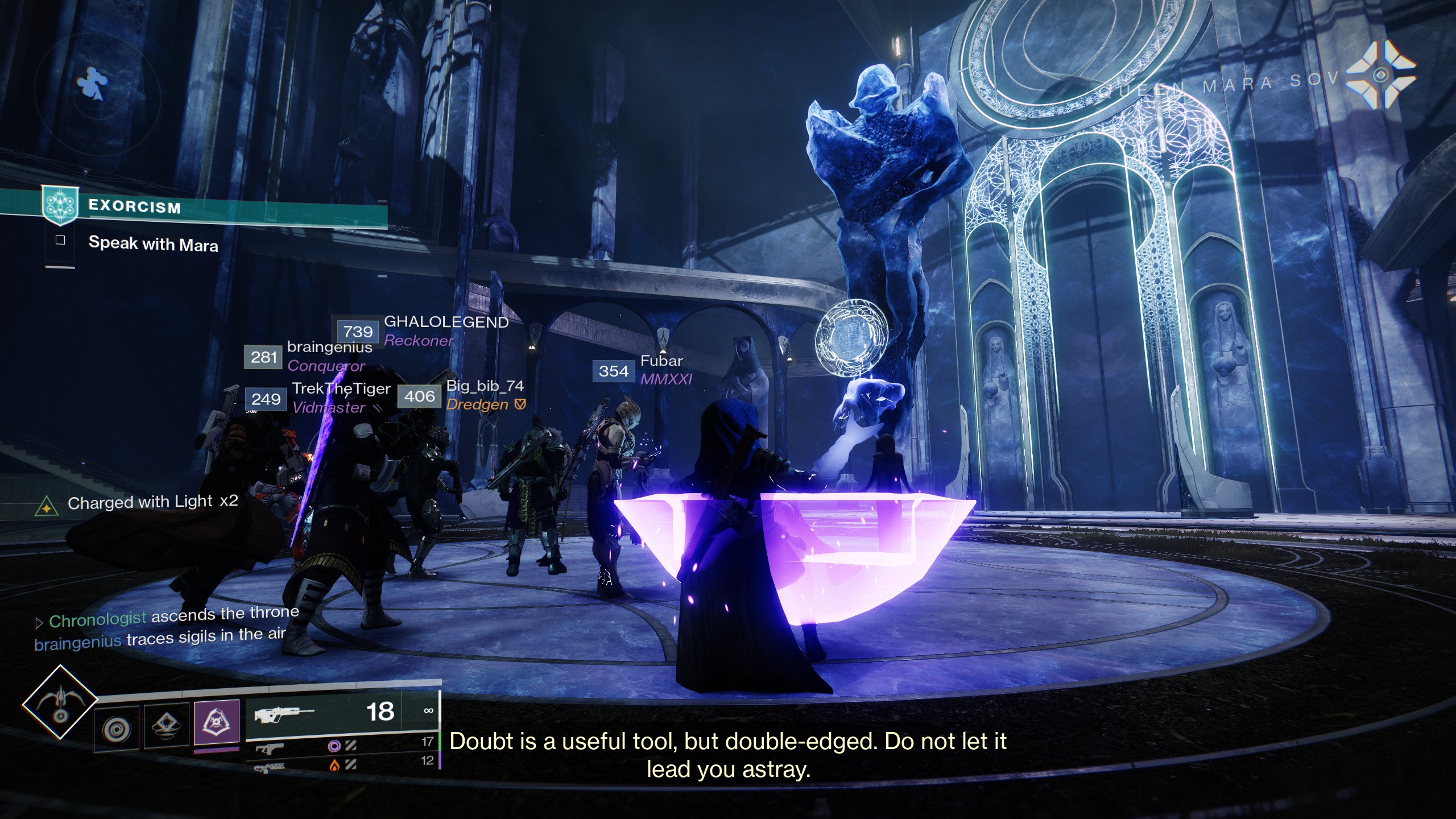
I also think they are a perfect example of the part of games I have been interested in for a very long time, and kept circling around in my work. In the games I play. In how I think about them. I have written papers on narrative in game mechanics, detective games, adaptive storytelling, and retellings, and they seem disparate. But I am noticing a core that I have struggled to define for a long time, but I think I know what it is now. It is the something that World of Warcraft did, that I mentioned in the beginning.
The term I've settled with for now is "narrative play". To play with narrative. To play for narrative. To play by narrative. It is extremely obvious in games about storytelling such as tabletop roleplaying games, where the entire game is about telling a collaborative story. But I also see it in the way people play a simple storytelling game and talk about it with their friends. Or write fanfiction. Or create new moments together online, through it. Or how developers respond to how players responded to the previous narrative, and change the next one. And yes, how perennial games tell stories, with and for and by and through the game, as done by both the developers and the players. I will dedicate later blogs more on this concept specifically, but for now, I will say just this: The reason perennial games work is because of successful narrative play. If the players do not care enough about the experience to be engaged with it, to daydream, to envision themselves in the story like children wanting to be taken by Gandalf on an adventure, then it does not work. And if the developers do not care enough about the experience to respond to the players, to play with them, to adapt as players do, then it will also fail. And if the game itself does not facilitate and allow and make room for this kind of play (from both sides), then nothing can ever happen to begin with.
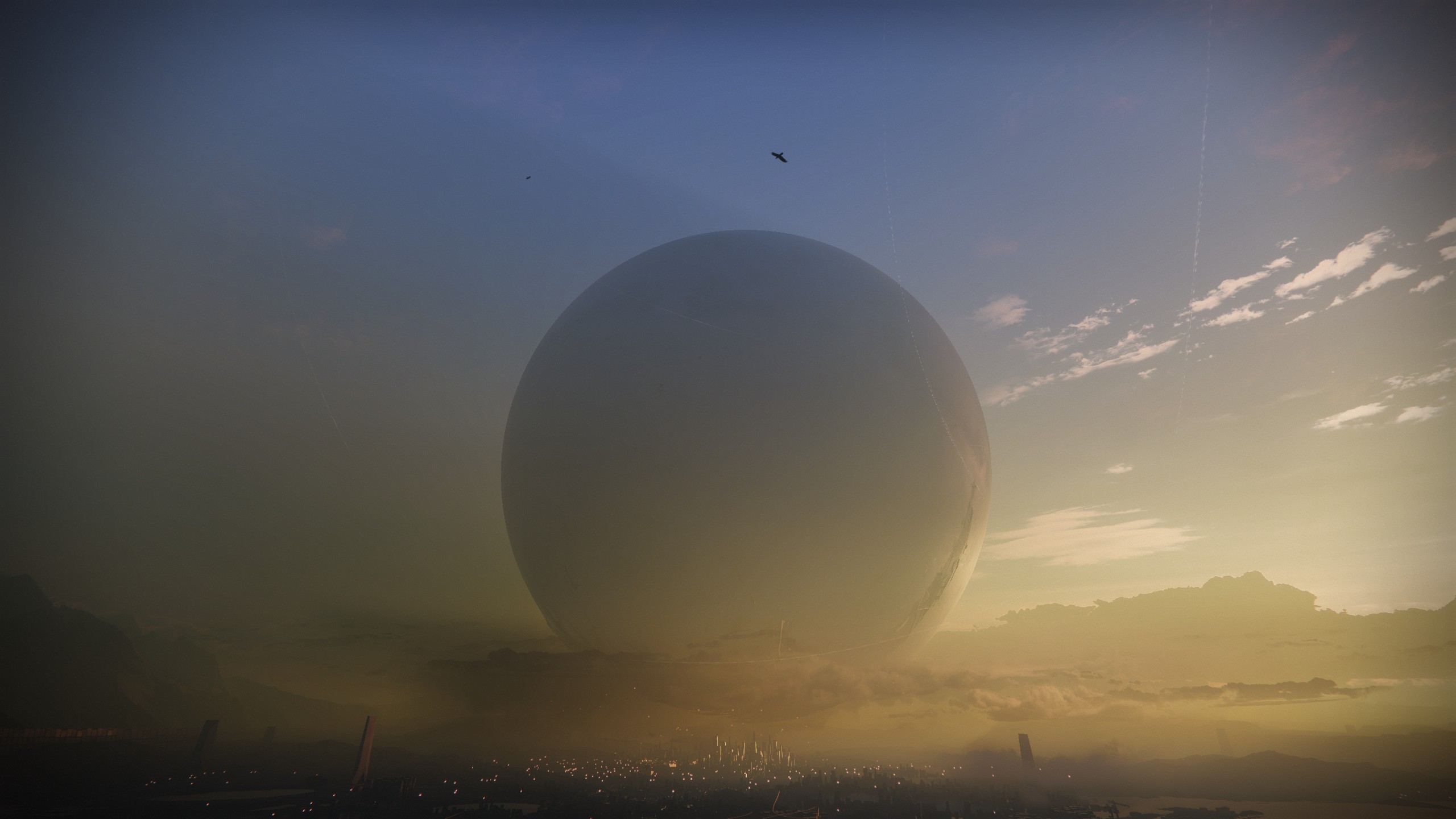
And finally, I am interested in them for a very personal reason.
I like 'em.
I've always been a fan of big experiences. Of universes you can lose yourself in. Of expansive, detailed worlds. Of running across Azeroth, mapping out the space, feeling the potential. Digging into the stories of individual people in giant worlds, of stories larger than life. And perennial experiences have the further advantage that there are always more of them. All I gotta do is wait, and there will be new story content for Destiny. And furthermore, we're part of it. I can be there, when it happens. See the world change in real time. See the Dragon curse the city. Watch the Space Station crash towards the Earth. And follow all the characters as they deal with the consequences.
I got sucked into Destiny and haven't been able to stop since. Thought I might as well make a job outta it. And now I'm getting into Final Fantasy XIV (and yes, there is a limit to how many of these you can play at once, and it is a problem and I try not to think about it) and it is the closest I've felt to that original World of Warcraft feeling since, well, WoW. And I love it. And I love thinking about how they work.
And if you want further proof I've been thinking about this a while, well, here's a tweet I wrote in 2019, before I even knew I actually could do this:
Someone, pay me to research this kind of storytelling. https://t.co/lX72yIl0CH
— Bjarke (@BjarkeAL) October 16, 2019
Destiny, Fortnite, it's going to happen more and more. And it's so dang fascinating.
I'd absolutely love to investigate it, but few are thinking about multiplayer large-scale storytelling atm
And I will end this for now. The next blog will either be about narrative play or perennial games and... Myth.
Yes, indeed. Mythology. With a Capital M. You'll see how that makes sense once we get there.
In the future I will also write about how I am researching perennial games. But I do need to finalize that myself as well, sooo... that'll happen when it happens.
If you have any questions or comments, I'd love to chat about any of this stuff!
Mail's mail@bjarke.it, Twitter is @BjarkeAL, Discord is Chronologist#9341.